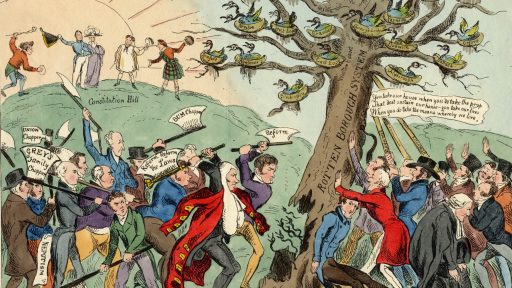To undertake, along with a discussion of cross culture, a discussion of the “culture of unbelief,” presumes that there is a group of people who are defined, not by what they accept or reject as true, but by the fact that they do not consider truth as something that may be known. This is, in many ways, a description of our generation.
Culture has been defined as “the sum of attitudes, customs, and beliefs that distinguishes one group of people from another.”(1) We are all members of many groups. With each membership, we encounter a unique culture. There is the culture of citizenship, family and church culture, ethnic culture, and many more. Cross culture suggests that multiple memberships produce a cross-breed of defining features taken from each unique group to form something altogether distinct and yet wholly dependent for its existence on the sum of the parts. That is one option and would quite possibly make for an interesting article. But such is not the intent of this author.
The cross we refer to is described by The Random House College Dictionary as, “a structure consisting essentially of an upright and a transverse piece, upon which persons were formerly put to death.”(2) Those who believe in Jesus of Nazareth, His death at the hand of the Romans, and more importantly, His resurrection, are defined by the culture of the cross. At the foot of the cross, we are confident of truth and of our ability to know it. We believe we may seek and find the truth.
To undertake, along with a discussion of cross culture, a discussion of the “culture of unbelief,” presumes that there is a group of people who are defined, not by what they accept or reject as true, but by the fact that they do not consider truth as something that may be known. This is, in many ways, a description of our generation. The experts tell us it is no longer a matter of “which truth” but “if truth,” and we believe the experts.
The two cultures, of unbelief and of the cross, while diametrically opposed, are intimately related: one picks up where the other ends. We started NeoPolitics because we grew weary of hearing that truth eludes us; that we may, at best, have only shifting shades of meaning. Our quest for answers in NeoPolitics – answers for this generation – begins with a belief that truth exists. The new politics includes a confidence in authority and a belief that it can be directed and properly limited according to an unwavering standard of truth.
The Scriptures say that “the word of the cross is to those who are perishing, foolishness, but to [those] who are being saved it is the power of God (1 Corinthians 1:18, NIV).” If your first response to the culture of the cross is mockery, look deeper. Don’t stop with ridicule. Consider for a moment that the words are true, that the appearance of foolishness is evidence of perishing, and “Seek the Lord while he may be found; call on him while he is near (Isaiah 55:6, KJV).” You may decide, at the end of your search, that you do not like what you turn up. But, if you merely accept the noise of post-modern culture, which says there is no truth, you surrender your power to choose.
Endnotes
- E.D. Hirsch, Jr., Joseph F. Kett, and James Trefil, The Dictionary of Cultural Literacy, 2d ed., rev. and up. (New York: Houghton Mifflin Company, 1993), 415.
- Jess Stein, ed. The Random House College Dictionary, rev. ed. (New York: Random House, Inc., 1988), 318.





